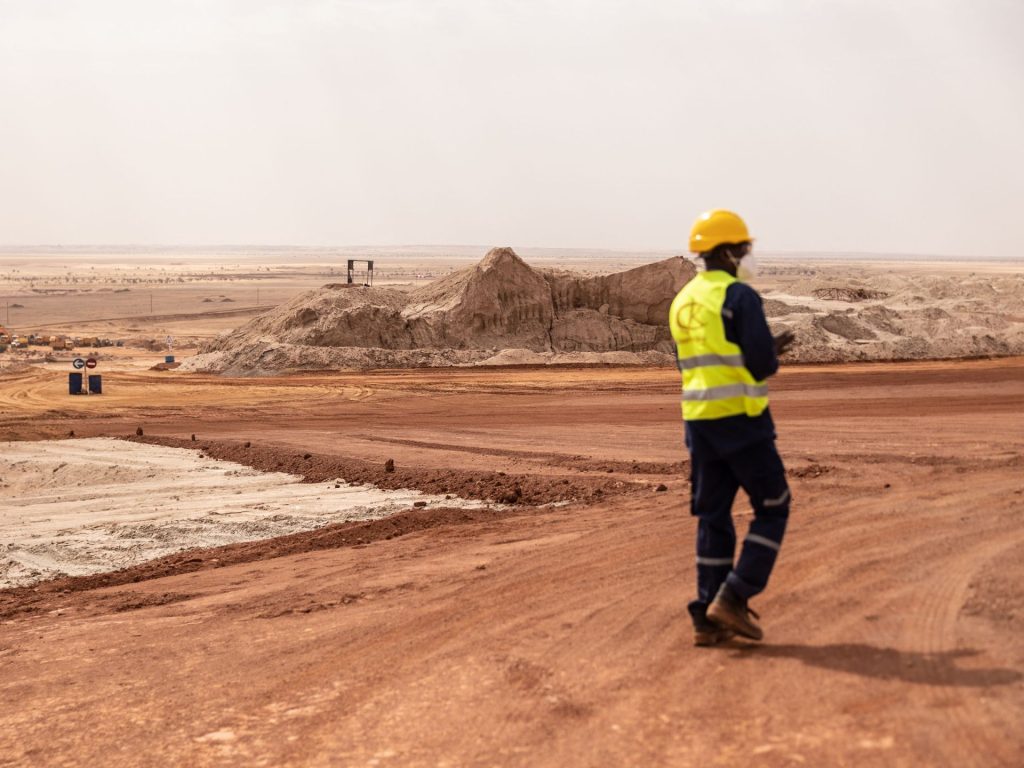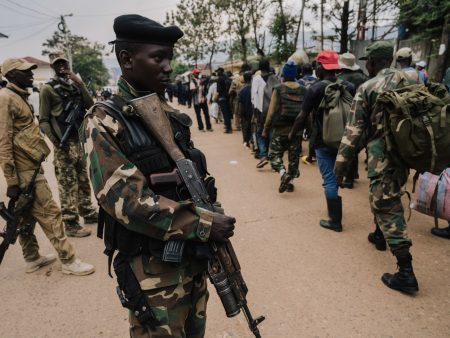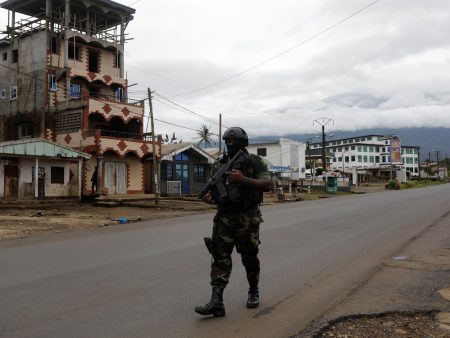The recent actions of Niger’s military junta against the French nuclear conglomerate, Orano, have brought the complex relationship between resource-rich African nations and former colonial powers into sharp focus. The junta’s seizure of operational control over Orano’s uranium mining subsidiary, Somair, and the revocation of Imouraren SA’s mining permit for the Imouraren uranium deposit, ostensibly signal a move towards resource nationalism. The junta argues that Niger’s citizens are not benefiting sufficiently from the country’s vast uranium wealth, a claim supported by the nation’s persistent poverty and lack of access to basic services despite being a key supplier of uranium to Europe. This echoes a long-standing grievance against France, accused of exploiting Niger’s resources for decades through unfair trade agreements dating back to the pre-independence era.
The junta’s actions, however, appear motivated less by genuine concern for the Nigerien people and more by a desire to pressure France into recognizing the military government’s legitimacy. The Mines Minister’s statement linking Orano’s operations to French recognition of the junta reinforces this suspicion. This raises concerns that the resource nationalism rhetoric is merely a tool for political maneuvering rather than a genuine effort to improve the lives of Nigeriens. The risk is that the junta will replicate the exploitative practices of its predecessors, enriching themselves and consolidating power at the expense of the population.
The history of resource nationalism in Africa offers cautionary tales. Libya, under Gaddafi, successfully negotiated better terms for its oil resources and embarked on a period of significant social and economic development. However, Gaddafi’s descent into authoritarianism and brutal repression ultimately undermined the gains made and plunged the country into chaos. Similarly, Zimbabwe’s land reform program, while aimed at addressing historical injustices, was implemented through violent and partisan means, leading to economic collapse and social unrest. These examples demonstrate that resource nationalism, while potentially transformative, can be easily hijacked by self-serving leaders.
Niger stands at a crossroads. The junta’s actions, while seemingly aligned with the legitimate aspirations of the Nigerien people, carry the risk of replicating the failures of the past. Genuine resource nationalism requires not only reclaiming control over resources but also ensuring equitable distribution of the benefits and establishing transparent and accountable governance. If the junta prioritizes its own political survival over the welfare of the people, Niger risks descending into a cycle of exploitation, corruption, and instability. The potential for prosperity exists, but it hinges on the junta’s commitment to genuine reform and democratic principles.
The exploitation of Niger’s uranium reserves by France, coupled with the junta’s opportunistic use of resource nationalism, presents a complex and challenging situation. While the junta’s claims of seeking a fairer deal for Niger’s resources resonate with the population, their actions raise concerns about their true intentions. The lack of transparency and accountability, coupled with the potential for further oppression and alignment with other exploitative powers like Russia, threatens to undermine any potential benefits from resource nationalism.
The international community must carefully navigate this situation, supporting the legitimate aspirations of the Nigerien people for economic justice while also holding the junta accountable for its actions. Pressure must be applied to ensure that any renegotiation of resource agreements benefits the population and that democratic principles are upheld. The future of Niger hinges on whether the junta chooses a path of genuine reform and equitable development or one of self-enrichment and authoritarianism. The world will be watching closely.









